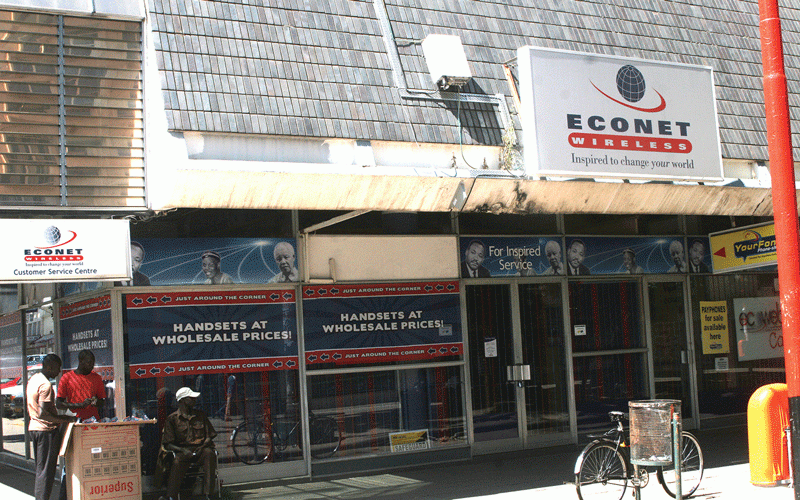
ZIMBABWE’S largest telecoms company, Econet Wireless Zimbabwe is bleeding. That is according to an analysis by local financial services firm IH Securities, which also says the situation will likely get worse in 2023 for the country’s third largest listed company.
Its troubles largely stem from the continued depreciation of the Zimbabwe dollar. According to the report, Zimbabwe’s currency troubles have wiped US$1,76 billion of Econet’s market capitalisation on the Zimbabwe Stock Exchange this year.
This has seen Strive Masiyiwa, Zimbabwe’s richest man and principal owner of Econet, lose more than US$1,8 billion in net wealth this year and is now on the verge of losing his billionaire status, according to Billionaires Africa.
Billionaires Africa defines itself as a “premier news site solely devoted to publishing daily news and actionable intelligence on the wealthiest people in Africa, and the entities they control.”
Delta Corporation Limited, the country’s top beverage manufacturer and largest listed company by market capitalisation, has lost nearly US$1,4 billion in value this year.
These are not good numbers and, in fact, confirm why the Zimbabwe National Chamber of Commerce (ZNCC) members are feeling the pinch.
“The business confidence index (BCI) reflected by firms and the business community is generally negative for the upcoming year of 2023. The combined diffusion index of the BCI of industry and commerce decreased to minus 42 from a figure of 8 which was recorded in 2021,” ZNCC said its second edition of its annual State of Industry and Commerce Survey for 2022.
“In fact, the general pessimism shown by the business confidence indicators reflect that stakeholders in ‘industry and commerce’ have no confidence in the government’s macroeconomic stabilisation policies in the coming year 2023, and on the international and domestic economic recovery.”
- Mboweni mentors emerging entrepreneurs, calls for integrity in business
- Mboweni mentors emerging entrepreneurs, calls for integrity in business
- Zim tycoons elevate offspring to key roles
- Zim tycoons elevate offspring to key roles
Keep Reading
The International Monetary Fund, which was in the country recently, called for the liberalisation of the forex market.
The fact that the largest listed companies are losing billions and that an increasing number of firms are now delisting to relist on the Victoria Falls Stock Exchange is testament to the fact that businesses are struggling, if not, failing.
Afterall, when a currency lacks market, forex, or commodity support, for businesses that means losses.
Added to that, 18-to-20-hour power cuts or for days on end are causing firms to miss targets, with shortages being reported on selected goods. Thankfully, the shortages have not applied to basic commodities, yet.
It looks from our end that government doesn’t understand that the business community’s health is a reflection of the economy and they should heed these signs seriously before it is too late.






